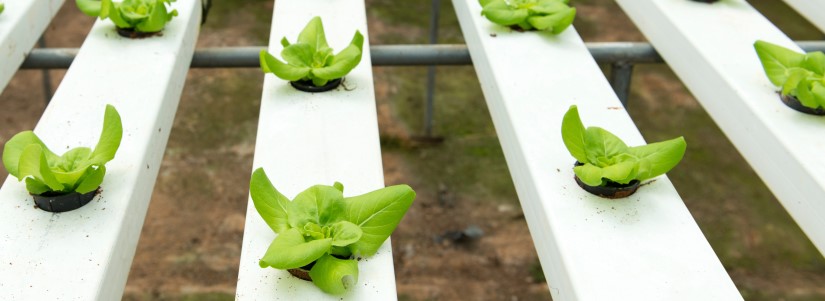published by James Suckling on Thu, 06/10/2016 - 10:55
This blog series discusses in greater depth the rationale for selecting the particular innovations Stepping Up is interested in; Anaerobic digestion; Insect proteins, Valorisation of food waste and Diversion of surplus food. In contrast to the other case studies chosen by Stepping Up, food diversion represents a wholly social innovation, which aims to reduce food waste and channel that resource into socially beneficial outlets, rather than maximise profits...
published by Iain Soutar on Mon, 19/09/2016 - 14:26
This blog series discusses in greater depth the rationale for selecting the particular innovations Stepping Up is interested in; Anaerobic digestion, Insect proteins, Valorisation of food waste and Diversion of surplus food. In the first of four, this blog starts by introducing anaerobic digestion...
published by James Suckling on Tue, 21/06/2016 - 11:26
An important part of Stepping Up is the identification of people or organisations who are currently innovating around the use of technologies and/or ways of doing things. Case studies of actors’ experiences with these innovations will help us to understand specific projects and their outcomes, with particular emphasis on whether or not they might be considered ‘successful’ in terms of advancing nexus goals, helping us move towards a more sustainable future, as well as whether and how they might be scaled up. This blog introduces the four innovations at the heart of Stepping Up; anaerobic digestion, insect protein, valorisation of waste and the diversion of food from waste streams to people’s plates.
published by Alice Bows-Larkin on Tue, 19/04/2016 - 23:32
published by Alice Bows-Larkin on Thu, 14/04/2016 - 09:53
h our project well underway, we held our first advisory board meeting in March. The meeting proved extremely valuable providing much food for thought. Discussions revolved around some of the key questions the team are grappling with. One such question was around what the big societal challenges relevant for the Water-Energy-Food (WEF) nexus. Here are some of the key points raised...
published by Robert Sparkes on Thu, 10/12/2015 - 00:00
Stakeholder engagement is a foundation of the STEPPING UP project. To get things started IRobert Sparkes took part in two workshops in November 2015 to map the Water-Energy-Food nexus, looking at the driving forces, overlaps and interactions in all three systems. The workshops were funded by the ESRC Nexus Network...
published by Alice Bows-Larkin on Thu, 19/11/2015 - 00:00
As part of the Nexus Network annual conference during November 2015, Prof Alice Bows-Larkin was invited to take part in an opening plenary panel highlighting challenges for Nexus researchers across all disciplines. Drawing on early experiences from the STEPPING UP project, Alice discussed how the STEPPING UP team are working on defining spatial scale, physical geography and quantifying a ‘step change’ in order to develop the project’s Agent Based Model...
published by Liz Varga on Wed, 04/11/2015 - 00:00
Complex systems models – how single decisions can have global impacts
published by Robert Sparkes on Tue, 20/10/2015 - 00:00
The STEPPING UP project is a collaboration between sustainability researchers at universities and research institutes across the UK. We are working to understand the interactions of water, energy and food sustainability and security in a changing world.
Stepping Up means testing whether a small innovation that improves sustainability for the Water-Energy-Food nexus is also a success at a larger scale. When rolled-out across a town, region or country, are the benefits still there?
published by Robert Sparkes on Tue, 20/10/2015 - 00:00

Project Launched
STEPPING UP team members met in Manchester last week to launch the research project. After two days of intense but productive discussions the project is certainly heading in an exciting direction.
This website is one upshot of that meeting, and will provide a portal for us to report how the project is going, distribute information and papers, and explain the importance of turning small-scale sustainability ideas into big changes
Pages